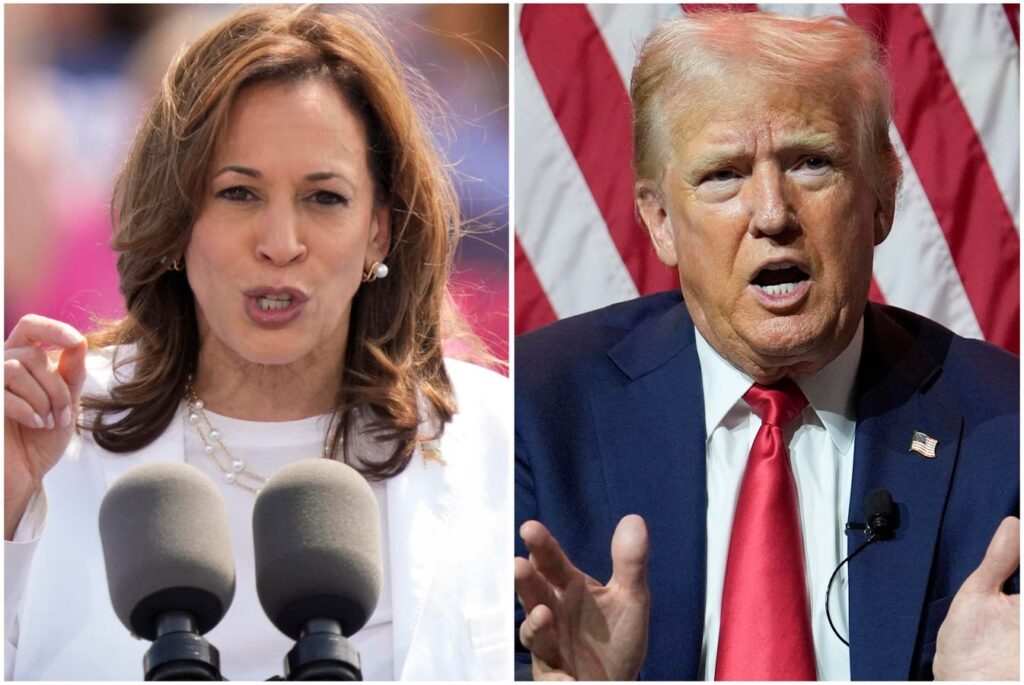The impact of the recent presidential and congressional elections is poised to significantly shape the future landscape of the fintech industry, which lies at the intersection of finance and technology. As fintech companies increasingly offer traditional banking services without the requisite licensing, they have come under heightened federal scrutiny. Experts and executives have outlined three key areas likely to experience crucial changes following the elections: the operations of the Consumer Financial Protection Bureau (CFPB), the dynamics of bank-fintech partnerships, and the centers governing consumers’ control over their banking data, particularly related to the CFPB’s new rule under Section 1033. The outcomes of these elections could either sustain or transform the existing regulatory framework that governs these vital areas of fintech.
A primary focus of anticipated change centers on the CFPB, which was established in the aftermath of the 2008 financial crisis through the Dodd-Frank Act. This agency has taken a more active approach under President Biden’s administration, issuing substantial fines and enforcing consumer protections, significantly more so than during President Trump’s term. Reports reveal that the CFPB has levied $3.1 billion in fines and refunds aimed at consumer relief in 2023. If Kamala Harris, the current vice president, emerges victorious along with Democratic congressional candidates, the character of CFPB oversight might reflect ongoing strictness in enforcement similar to Biden’s current tenure. Conversely, a Trump victory, particularly if accompanied by a Republican-controlled Congress, may herald a slowdown in regulatory enforcement, leading to a potentially less active CFPB.
Differences in prospective enforcement under distinct administrations highlight a stark contrast in policy direction. Industry experts, including Lead Bank’s Jackie Reses, foresee notable regulatory rollbacks should Trump regain the presidency, especially concerning recent rules related to consumer fees, which have implications for credit card payment delays. The potential for transformative regulatory action looms regardless of electoral outcomes, particularly in scenarios depicting a sweeping victory for either party, setting the tone for potentially aggressive reforms in both settings. Still, others like Michele Alt caution that the nature of changes may reflect the influence of recent Supreme Court rulings that limit the interpretive autonomy of federal agencies, urging that regulatory changes could dampen as a result of these court decisions.
Bank-fintech partnerships have remained under intense scrutiny amid a surge of regulatory enforcement actions, primarily focusing on compliance with anti-money laundering laws. The general sentiment among experts is that this elevated scrutiny may persist with Harris in power, while the Trump administration might relax regulations surrounding these partnerships. Key regulatory movements, such as the FDIC’s proposed rule ensuring reconciliations of customer accounts by both fintechs and their banking partners, are expected to advance irrespective of the electoral victor, demonstrating bipartisan support for sensible regulatory measures that enhance customer protection. Reses emphasizes that legislative progress and rule-making efforts are likely to endure across political landscapes due to their inherent public safety benefits.
Michele Alt highlights another notable expectation that a Republican majority in Congress coupled with a Trump-led presidency could re-open pathways for fintech companies to obtain charters which have been considerably restricted under Biden’s administration. The recent Supreme Court decisions also provide a potential leverage point for well-resourced fintechs to challenge previous denials of charter applications, thereby creating a more amenable landscape for future fintech banking endeavors. This legal backdrop offers a unique opportunity for innovators who were previously constrained by bureaucratic frameworks.
The newly released CFPB final 1033 rule that governs consumer control over their banking data became an immediate flashpoint following its introduction, underscoring the ongoing tensions between traditional banks and emerging fintech entities. While some speculate that a Trump presidency could annul such regulations, Alt believes that 1033, which advocates for consumer data ownership, could gain traction due to its broad, popular appeal—a sentiment shared among the general populace. As consumers increasingly prioritize ownership and accessibility of their banking data, the public interest may bolster support for the implementation of such regulatory frameworks, independent of the prevailing political context.
In conclusion, the current electoral landscape heralds significant implications for the fintech industry, especially concerning regulatory bodies and practices. The composition of Congress and the presidency has the potential to reshape oversight mechanisms—either reinforcing consumer protection or relaxing regulatory scrutiny. Establishing meaningful bank-fintech partnerships will likely remain pivotal as companies seek to navigate compliance requirements in a regulatory environment that could evolve based on electoral outcomes. The enacting of substantial rules, such as the CFPB’s 1033, may serve as focal points driving both consumer demand for data ownership and the broader discourse surrounding fintech regulation in a rapidly changing financial landscape. As these developments unfold, the industry’s adaptive trajectory will significantly inform the interplay of technology and finance in the coming years.

